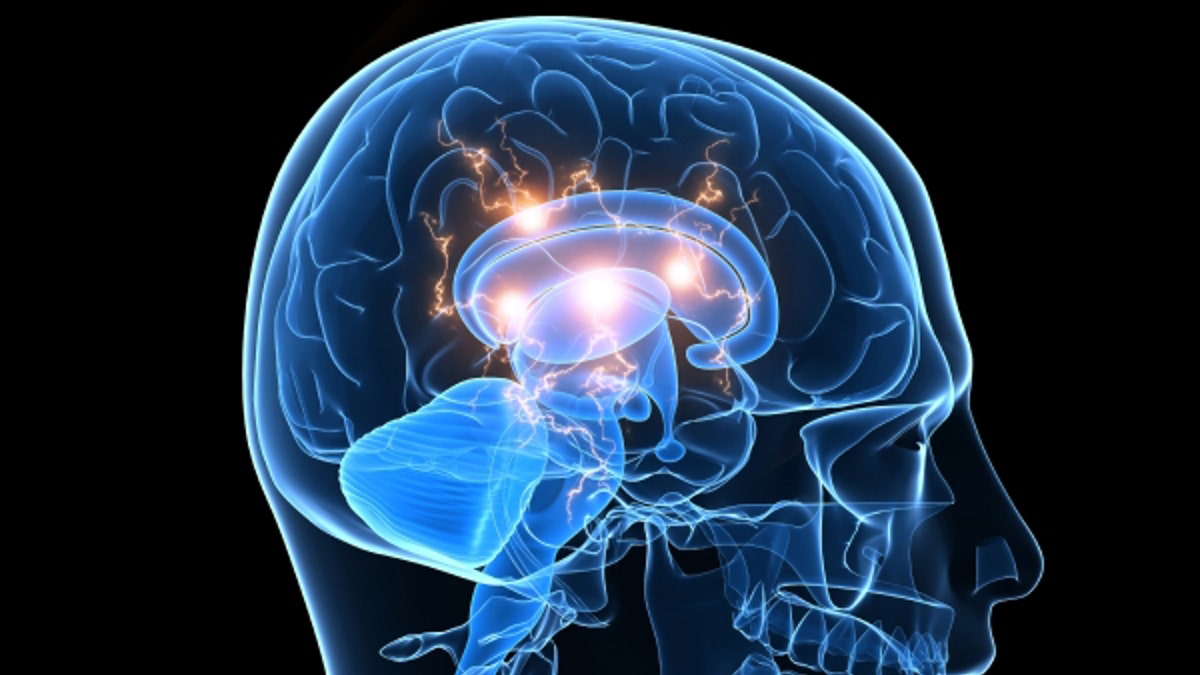
Preemies may be at a lower risk of developing drug and alcohol problems as adults, but they may be more likely to have psychiatric disorders, suggests a study published Monday in the journal PEDIATRICS.
"Importantly, we have identified psychiatric risks that may develop for extremely low birth weight survivors as they become adults, and this understanding will help us better predict, detect and treat mental disorders in this population," lead author Ryan Van Lieshout, psychiatry and behavioral neurosciences professor at McMaster University in Canada, said in a news release.
The study also found that if a mother took a full course of steroids prior to giving birth, her child was more likely to develop a psychiatric disorder.
According to the news release, researchers analyzed 84 adults who were born weighing less than 2 pounds, 2 ounces and 90 people who were born at normal weight. All of the study participants were born between 1977 and 1982 in Ontario.
By the time the participants reached their early 30s, the low birth weight babies were about three times less likely to have an alcohol or substance use disorder. However, the preemies were two and a half times more likely than the normal birth weight group to develop a psychiatric problem, including depression, anxiety and attention deficit hyperactivity disorder (ADHD).
The low birth weight children who received a full round of life-saving steroids before birth had an even greater risk— nearly four and a half times— of developing a psychiatric disorder. This group was also no less likely to develop an alcohol or substance use disorder, compared to normal weight babies, according to the news release.
